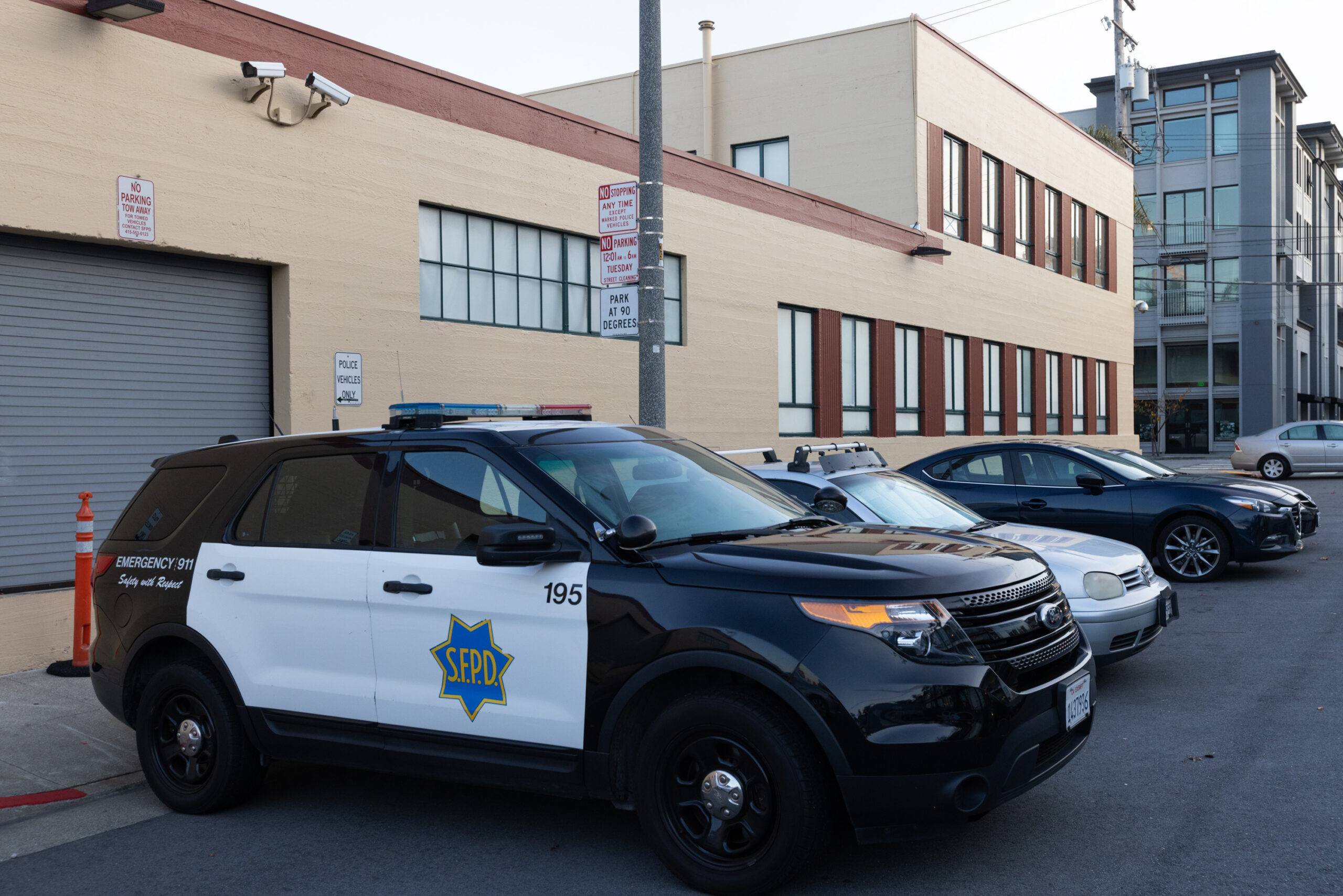Readers may have heard about a scandal that unfolded in 2016 when a teenage girl named Jasmine Abuslin allegedly had sex with 30 Bay Area law enforcement officers.
It resulted in court cases, legal settlements, firings, reprimands, resignations—reverberations that all but missed San Francisco. While names and actions of most officers linked to Abuslin came to light in Oakland, Richmond and other communities, they were guarded as official secrets in San Francisco.
It took a months-long investigation and a lawsuit for The Standard to unseal records and pry open the accountability system that keeps SFPD’s officer discipline shrouded in secrecy.
The city assigned government attorneys to fight The Standard and keep secret the records that tied San Francisco police to the scandal across the bay.
The resulting investigative—which you can read here in Part I, II, III and IV—shows how cops accused of appalling behavior not only get to keep their jobs, but have their reputations defended, too.
Here’s what we found.
An SFPD officer named in the scandal is still on the force
Even though Abuslin told investigators that he did cocaine and had sex in a car with her, Rodger Ponce De Leon stayed on the force. San Francisco spent $1.2 million paying him to work behind a desk while his disciplinary case dragged on. He was ultimately suspended.
Ponce De Leon wasn’t the only SF cop implicated by name
The newly unsealed records claim Abuslin had sex with at least three SFPD officers and may have exchanged nude photographs with two others. In a legal claim obtained by The Standard, Abuslin named the three as Ponce De Leon, Antonio Landi and Gregory Neal.
There is no evidence that any of them were removed from the force for their actions.
SFPD has a ‘rubber room’ where it sticks troubled officers
Ponce De Leon was sent to a windowless room called the Department Operations Center where he worked for years while police brass figured out what to do with him.
It turned out he was far from alone.
The Operations Center is a sort of limbo for many officers accused of wrongdoing. Cops there get paid hefty salaries to do work that doesn’t require much law enforcement training.
They call it getting “put on ice.” The unit isn’t a happy place to be.
“You’re sitting in a cesspool of people who are just, you know, we’re all wallowing,” said former police sergeant Darius Jones, who spent 10 months there awaiting discipline.
SF pays top dollar to keep troubled cops ‘on ice’
Taxpayers have spent about $17 million since 2016 for 57 officers to work at the Operations Center.
All of these officers were sent there by chief’s order, a type of transfer that’s often—but not always—a sign that an officer got into trouble.
Ponce De Leon’s salary benefits for the assignment peaked in 2020 at $240,000.
It’s really hard to fire an officer—even seeming deplorables
Deeds that might cost ordinary California workers their livelihoods don’t always end the careers of police officers.
Thanks to police unions, state law makes it hard to fire or punish officers for alleged misconduct. Police say they need that protection to do their jobs and protect the public. But that puts police departments in a tough spot as they figure out how to deal with employees they don’t trust.
Allowing troubled officers to work the streets could undermine criminal cases, because a defense attorney could use their checkered pasts to question their credibility.
SFPD Chief Bill Scott doesn’t think these dollars are a waste.
Under questioning at a Police Commission meeting, he pushed back on the idea that paying cops to work desk duty is unjustified. He said officers are entitled to due process and the department has to pay them to work somewhere while their discipline is pending.
He also disputed the characterization of the Operations Center as a rubber room.
But Police Commission members were nonplussed.
Commission Vice President Max Carter-Oberstone said neither police nor the public are served by a system “that assigns sworn members to ministerial duties for extended stretches at great expense to the city.”
